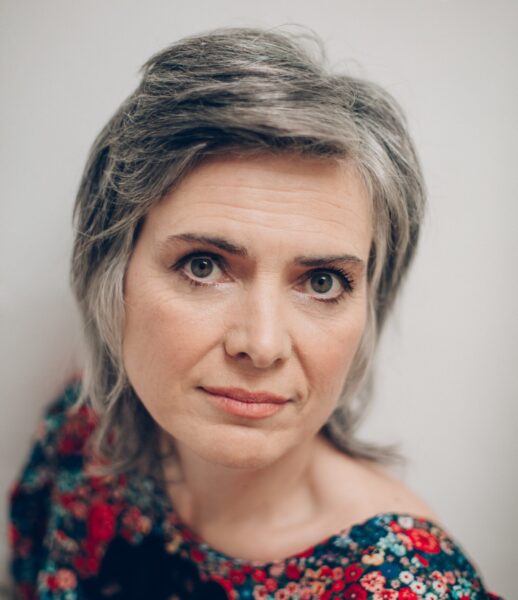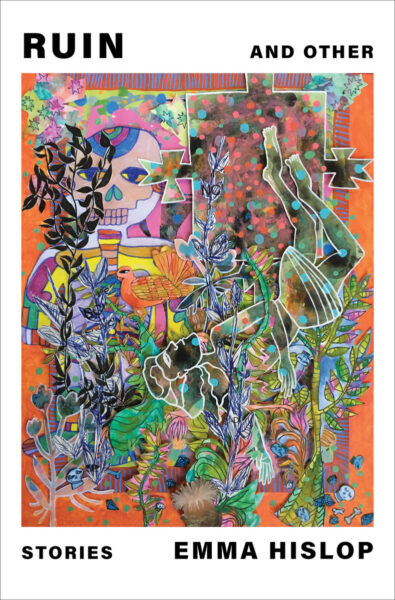

FWA: How did you get started writing short stories? What particularly appeals to you about this form?
EH: I started writing seriously in 2013. Initially, a novel felt like something too big to handle. I like the way an idea will land and from that idea, a story will evolve. I love how anything can happen, how there’s nowhere to hide in short fiction. I’m interested in the way the story develops, over time and different drafts, seeing what emerges. Often the results are surprising to me, it’s like the work has a mind of its own.
FWA: What are the most challenging aspects of writing short stories?
EH: For me, it’s the way in which there are usually a number of things going on. There’s a story within the story. And everything’s contained in this short space. Short fiction feels urgent and is often tense, and I love this. But it’s getting to grips with those things. Writing Ruin taught me some things. I’m finding writing a novel challenging now, which is partly why I’m attempting one. It’s new and unwieldy and this feels a bit exciting.
FWA: Who are the short story writers you enjoy reading and what is it about their work that appeals?
EH: Off the top of my head – Daisy Johnson, Shelley Burne-Field, Margo Lanagan, Pip Adam, Colleen Maria Lenihan, Carmen Maria Machado and Karen Russell are all writers whose short fiction I admire. The ability to hook me in straight away, the subjects they write about, the way strange and interesting things might take place, how their work always leaves me thinking. Some stories never leave you.
FWA: You’ve recently published your first collection, Ruin and Other Stories. What was that experience like? Which processes were most challenging or surprising to you?
EH: Overall it’s been a positive experience. I’m grateful to everyone at Te Herenga Waka University Press for their expertise and support, as well as my more experienced writing mates. It’s been super nice to receive feedback from readers and to read what reviewers make of the collection. In many ways, it doesn’t feel like my book now it’s out in the world, it’s become another thing entirely. I’m good with that, it’s freeing. Hopefully, I can concentrate on writing the next book.
FWA: What is the main thing you hope participants in ‘Writing Short Stories’ will take away from the class?
EH: Some generative techniques and ideas, and a first draft of a story. Some ideas and tools for moving into the next drafts. Also, perhaps an introduction to some fabulous Aotearoa writers.
Writing Short Stories
Aotearoa
with Emma Hislop (Kāi Tahu)
Online
8-22 November 2023